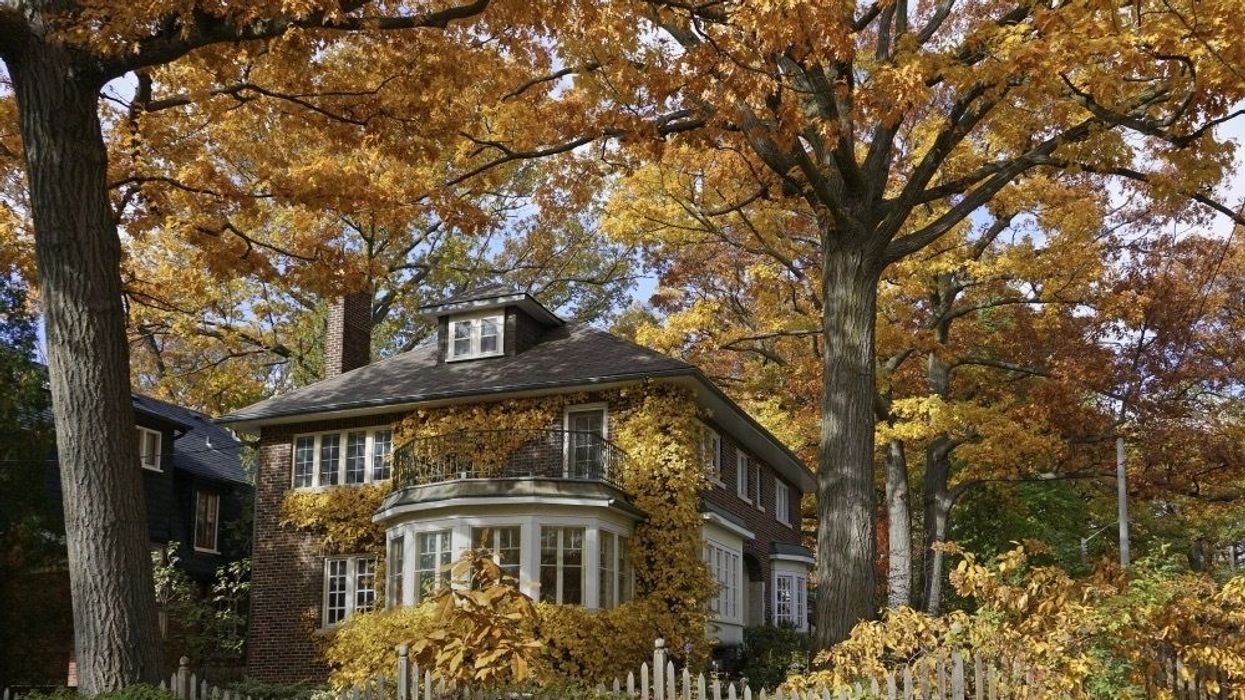Keeping in line with seasonal trends, Canada is on track to have a strong fall housing market, with activity poised to remain steady and average sale prices set to rise further by the end of 2021.
High housing prices, driven by low supply and high demand, have created challenging conditions for many homebuyers across Canada, especially in Toronto and Vancouver. However, this has also created favourable conditions for sellers in most major markets, according to a new fall housing outlook from RE/MAX.
According to the report, the average sale price for all home types in Canada could increase by 5% between now until the end of the year -- driven by the sale of single-detached homes.
This housing segment has already experienced the most significant price gains when comparing 2021 to 2020, rising between 6.8 and 27.3% across 26 housing markets surveyed in the report -- a trend expected to continue well into the fall, propelled by strong demand by young families.
READ: ‘High Degree of Vulnerability’ in Toronto’s Housing Market: CMHC
“As our brokers and agents predict, the fall market activity is expected to remain steady, which is promising, despite the ongoing challenges presented by the Delta variant,” says Christopher Alexander, Senior Vice President, RE/MAX Canada.
“This is particularly relevant given housing markets in Canada are often a good indicator of economic activity in the country, and with the Bank of Canada forecasting economic growth of 4.5% in 2022, a strong fall housing market is a good sign that things may be starting to return to a more natural rhythm," said Alexander.
RE/MAX says 26 out of 29 major Canadian housing markets analyzed are currently sellers' markets, driven by the lack of supply and high demand.
Unsurprisingly, Ontario has seen some of the highest average sale price increases across single-detached homes in the country, with the majority of regions (13 out of 16) experiencing increases between 20 and 35.5% year-over-year.
However, some markets haven't experienced quite as significant price gains, with some outlier markets seeing price increases below 20%, including Toronto (+14.6%), Thunder Bay (+17.1%), and Mississauga (+19.7%).
The condo and townhome segment in all of these regions also performed well, with smaller and more suburban markets such as Kitchener, North Bay, London, Peterborough, and Southern Georgian Bay seeing a higher surge year-over-year.
In Toronto, single-detached homes have seen a 14.6% year-over-year average sale price increase to $1,692,925, followed by townhomes, up 10.6% to $924,078, and condos, up 4.20% to $702,092.
RE/MAX says the estimated price outlook for the remainder of the year for the province ranges from a 2% price decrease in North Bay to increases across the other regions ranging between 2 and 15%, with Toronto expected to see prices rise by 7%.
Elton Ash, Executive Vice President, RE/MAX Canada, says given that housing activity throughout the pandemic has remained strong, it's no surprise that the outlook for the remainder of the year continues on an upward trajectory. He says while this is great for homeowners and their equity, it is challenging for first-time buyers who have been priced out of the market.
"We must continue to educate Canadians from a practical, real-world point of view. What is affecting the Canadian housing market right now? Low Interest rates, economic stimulus, higher home-buying budgets, a higher savings rate, homeowners too scared to sell, and not enough new construction. These factors have created current market conditions,” said Ash.
When combined, these factors have contributed to rapidly rising home prices, which undoubtedly are a cause for concern. However, Alexander believes "it's not a cause for panic." (Some homebuyers might disagree.)
"The data shows single-detached home price acceleration may be starting to level off in some urban centres, but prices continue to rise in many smaller cities and communities that were once havens for affordability," said Alexander.
"Real estate has been a boon to the Canadian economy, during the pandemic and before it. We believe in the long-term health of Canada’s housing market, but in order to protect it, we need to acknowledge and address the housing supply shortage. Our current government needs to stop applying band-aids and cure the problem at its root.”





















